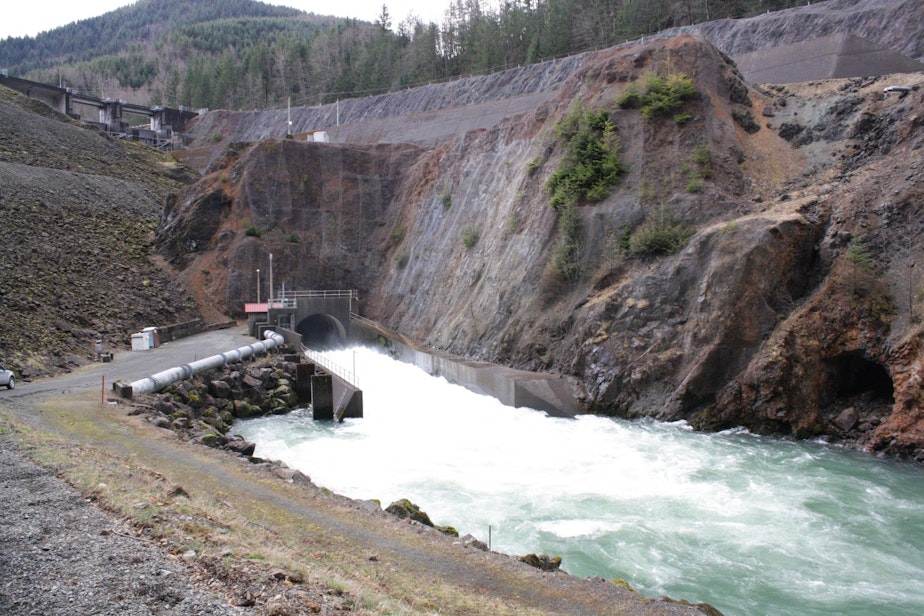It could get easier to pollute drinking water in Washington

Washington environmental groups are criticizing the Trump Administration's push to rescind a federal clean water rule. The rule prevents polluters from dumping into small waterways that flow into larger lakes and rivers.
The Environmental Protection Agency wants to drop it in an effort to give more power to the states and limit regulations. It was enacted under the Obama Administration as a partial update to the Clean Water Act, which was adopted decades earlier.
That's a "major step backwards" according to Environment Washington Director Bruce Speight. He says rescinding the rule would end up threatening drinking water across the country, including Washington state.
Speight: "The larger drinking water bodies that we depend on, while they're protected themselves, there could be a development, or drilling or mining allowed somewhere upstream on a smaller tributary, and that drinking water supply then is put at risk."
Speight says more than half of Washington's streams would lose Clean Water Act protections.
Sponsored
But some have criticized the rules for smaller tributaries, including the National Mining Association, golf course owners, and some GOP lawmakers. Republican Congresswoman Cathy McMorris Rodgers says doing away with the clean water rule would benefit cattle ranchers.
There will be a public comment period soon, before the EPA formally rescinds the rule. Details on the proposal and public comment opportunities will be available here.

